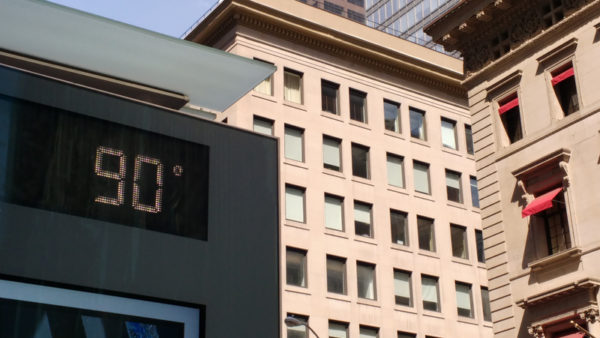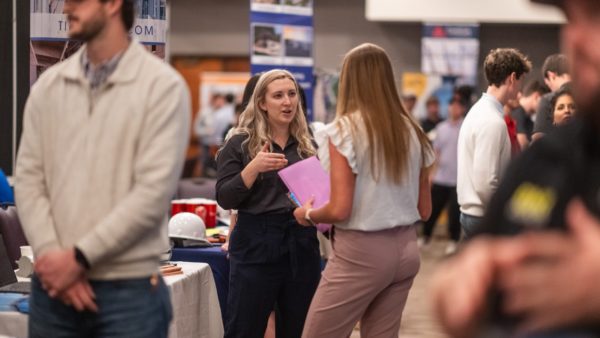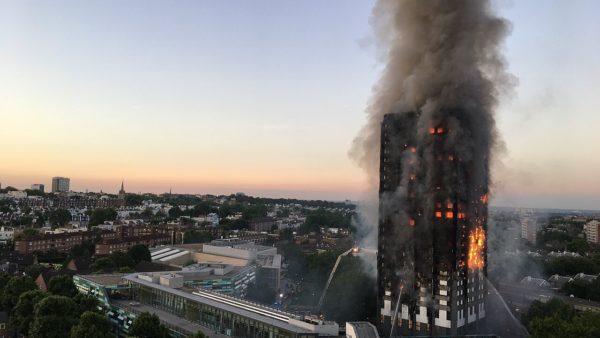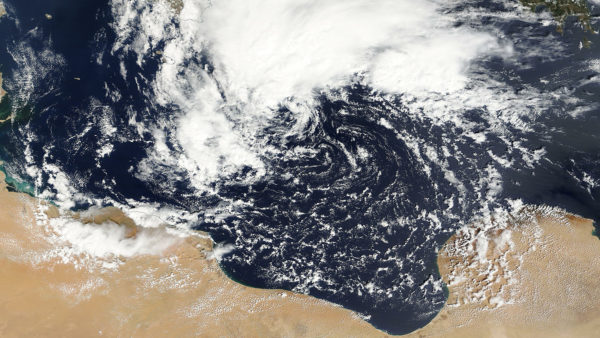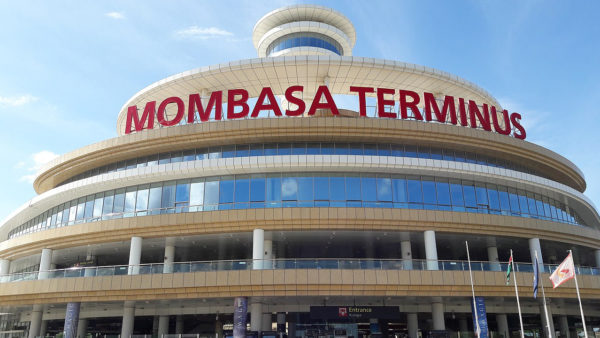A fierce contest is under way in the US that pits cities against each other in a competition to develop the "smartest" transportation systems, including self-driving cars.
The seven American cities that made the shortlist in the Department of Transport’s (DOT) Smart City Challenge are now deciding their strategies for winning the $40m prize fund.
Chosen from 78 original entries, the seven are:
- Austin, Texas
- Columbus, Ohio
- Denver, Colorado
- Kansas City, Missouri
- Pittsburgh, Pennsylvania (pictured)
- Portland, Oregon
- San Francisco, California
On top of the DOT’s $40m, the winning city will get another $10m from Vulcan, the company that manages the investments of Microsoft co-founder Paul Allen.
Transportation is the focus, so judges will be interested in self-driving and "connected" cars, as well as "smart streets" fitted with sensors. The aim will be to cut accidents, reduce pollution and increase commuter convenience.
Amazon Web Services, the retailer’s cloud computing platform, will assist the finalists with their IT strategy, and will provide $1m Amazon gift voucher to the winner, to be spent on cloud services.
The winner will also get driver assistance safety technology for buses from Mobileye and technology that allows cars to exchange data from NXP Semiconductors and Cohda Wireless.
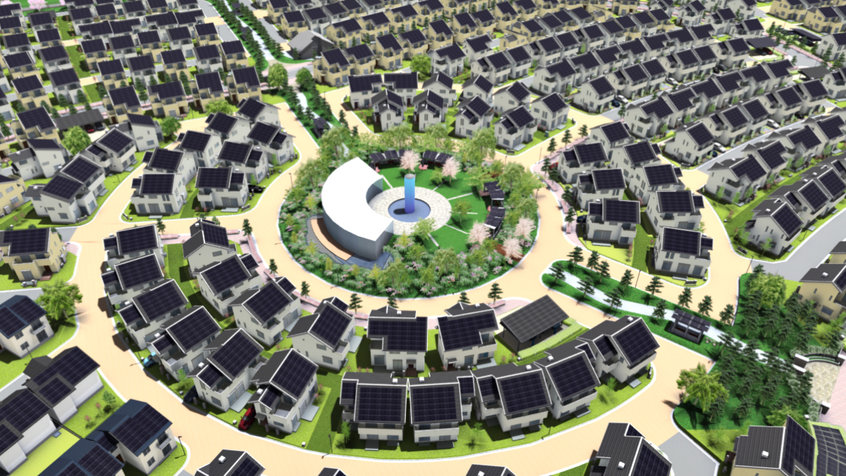
The Japanese model city that Denver is transplanting to a site near the international airport (Image courtesy of Panasonic)
Finally, Google’s urban research project, Sidewalk Labs, will outfit the winner with more than 100 Wi-Fi kiosks that also can gather data on any variables researchers would like to investigate, such as traffic patterns, consumer activity and air quality.
The DOT said it was so impressed by the entries that it picked seven finalists, rather than the five first planned. GCR took a look at the seven proposals:
Austin
Steve Adler, the mayor of the capital of Texas, says the focus is on getting more use out the roads the city already has, as "there’s not enough room to keep expanding them".
Adler said: "It’s having street lights talking to cars as they approach; it’s having emergency vehicles be able to talk to drivers so the car that you’re in knows an emergency vehicle is coming before you even see an emergency vehicle."
The city is also discussing the use of systems such as wirelessly connecting cars so that they can get the news of a crash and either slow down or change their route.
Columbus Â
Andrew Ginther, the mayor of Columbus, says the Midwestern town is "poised to lead the way in the future of transportation".
Among its ideas are driverless shuttles to get workers from bus or train stations to their jobs in the Easton area of the city.
It is also working on apps that will make real-time traffic data available to truck drivers at the city’s Rickenbacker cargo airport, and to help tourists get about more easily.
The city is also looking to expand its smart grid project to support an electric vehicle charging stations, and will rethink its regulatory environment to encourage people to switch to electric cars.
Denver Â
This city has set up a test area near its international airport where a number of interconnected technologies will be installed and assessed. This scheme transplants an idea from another country: Panasonic’s Fujisawa Sustainable Smart Town (pictured), about 31 miles west of Tokyo.
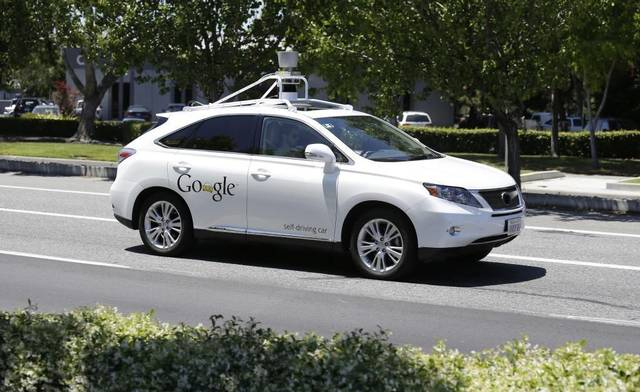
Kansas City is benefiting from its close relationship with Google (Image courtesy of Kansas City)
Although Panasonic is taking the lead, city has also brought in Xerox, the National Renewable Energy Laboratory and the Rocky Mountain Institute.
Kansas City
Kansas City’s mayor, Sly James, said his city’s competitive edge comes from its installed fibre network. He says KC has more fibre in place than any other city, and it is also the place where Google Fibre is testing its 1Gb/s broadband and its driverless car technology.
The municipality is also cooperating with a number of big tech firms; for example, it is already is engaged in a $15m Smart City initiative along its newly installed tram system telecoms giants Cisco Systems and Sprint. The idea here is to deploy a free Wi-Fi network and fit sensors to street lights to collect data on traffic and other municipal services.
Pittsburgh Â
Here the city will test "Smart Spines", involving sensors that collect data on all transportation hubs to assess safety and devise future transportation options.
Carnegie Mellon University is already testing the use of machine learning to optimise city bus routes, and has been studying pedestrian behaviour at intersections to devise smart traffic lights and collision warnings that tell road users that they’re about to have an accident.
Another scheme uses smartphones mounted in public vehicles such as police cars and garbage trucks to collect continuous information on the state of roads – about half of the city has already been covered.
Like Columbus, Pittsburgh wants to use technology to regenerate deprived neighbourhoods by making their populations better able to access employment and public services.
Portland Â
This is another city looking to Japan for help. The Portland Development Commission has signed a memorandum of understanding with Smart City Planning: a consortium of 27 mostly Japanese companies that Sharp, SAP, Toshiba, Mitsui Fudosan, HP and Hitachi. This group are collaborating on another next-generation city near Tokyo: the Kashiwa-no-ha Campus City project.
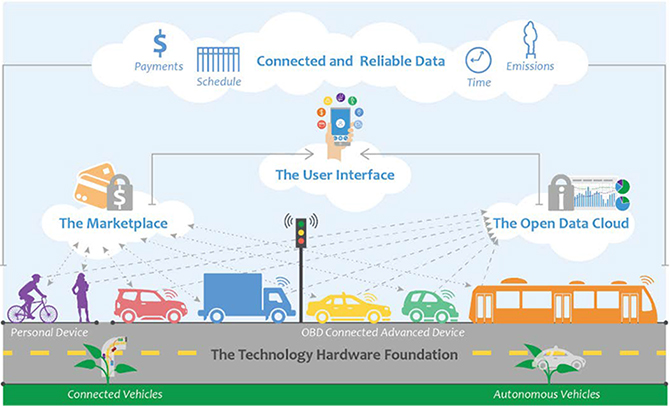
Portland’s graphic explaining the general idea for smart transportation (Portland Oregon)
In terms of transportation, Portland has come up with some eye-catching ideas, such as a plan to connect electric vehicle charging stations to the streetlight system. The city’s "Ubiquitous Mobility for Portland" project calls for an intelligent, sensor-based infrastructure incorporating vehicles and individuals through their personal devices.
San Francisco Â
San Francisco has the reputation of being America’s most progressive metropolis, and this is borne out by its existing schemes, such as the provision of mobile access to "near real-time" energy use data, and more than 100 charging electric car charging stations.
The City and County of San Francisco already launched an Internet of Things network in October, so it has elements of a smart city infrastructure in place. The city is also working on connected car initiatives. One particular payoff the city is interested is the use of on-demand transport to free up land by reducing the need for parking spaces.
As one local news report put it: "Imagine Caltrain pulls in to the station and there’s a self-driving taxi waiting, or maybe an autonomous or ride-sharing car pulls up depending on how many people are traveling. These are things that can reduce the demand for parking lots and free up space for housing or parks."
Top image: A panoramic view of Pittsburgh, Pennsylvania, one of the shortlisted contestants (Dllu/Wikimedia Commons)





